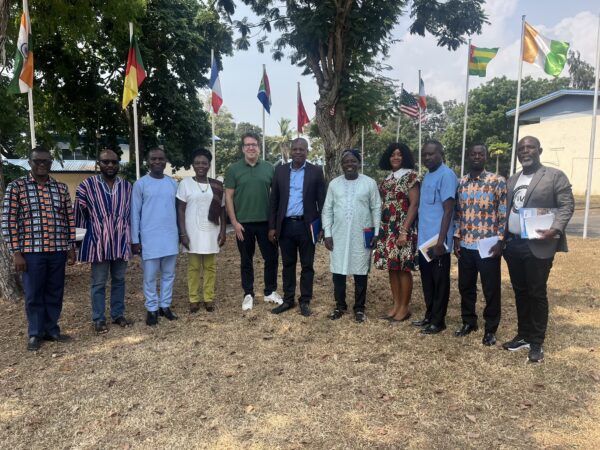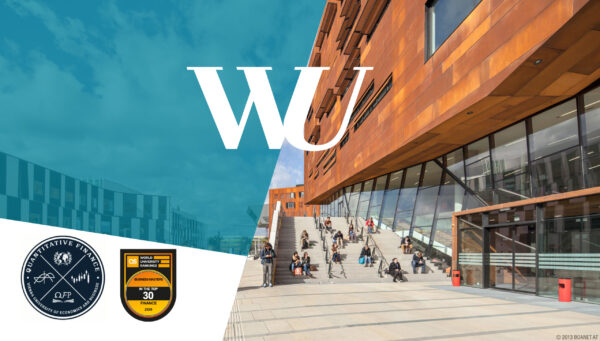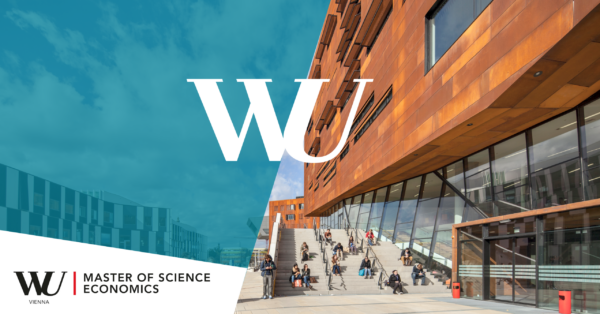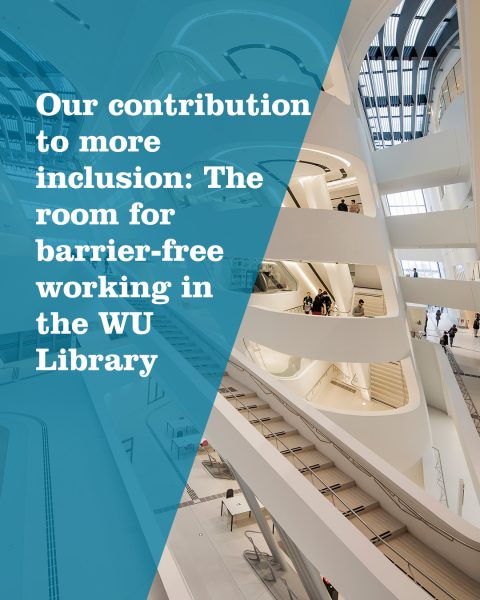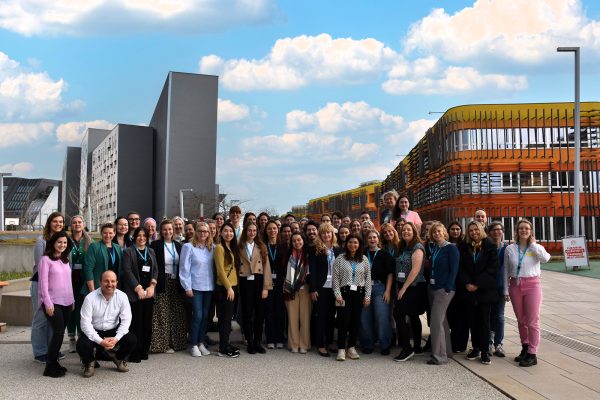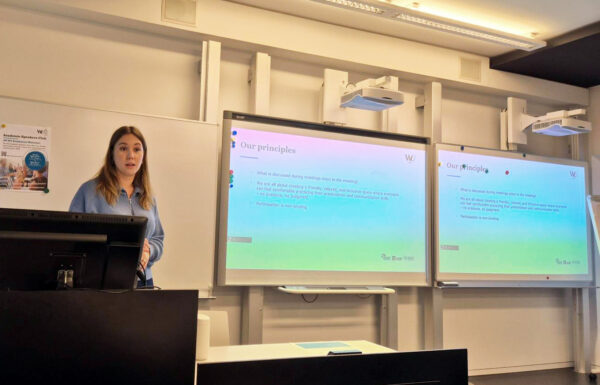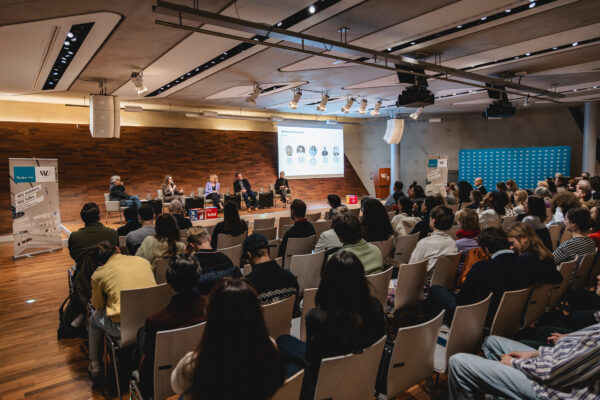What the developed world does NOT know: Future leaders’ ignorance about emerging markets
In times when you just need to open a browser or social media to access news from all over the world, it seems legit to think that the level of information has reached such a width and depth that we should be highly knowledgeable about the world around us. But is that really the case? What do we really know about the development of the world in general and of emerging markets (EMs) in particular? Results of a WU Vienna CEMS business project.
Inspired by Gapminder, the famous foundation of the late Hans Rosling, a group of eight CEMS students studying at the Vienna University of Economics and Business (WU) in Austria started off a project to investigate the level of knowledge that future leaders have with regard to both the World & Globalization as well as Emerging Markets. Under the supervision of Prof. Phillip Nell, Benoit Decreton and Jan Schmitt, the team administered a survey consisting of eleven questions to almost 1,200 master students in the business, technical, and law fields across three universities in Vienna, Austria.
Participants underestimate the development level of the world
Questions such as “What is the life expectancy in Bangladesh?” (72 years), “What percentage of the Nigerian population lives in a region that is covered by a mobile cellular network?” (99%) or “How much of Brazil’s GDP came from the service sector in 2014?” (71%) were asked. The overall results are astonishing: over the eleven questions asked, the participants answered only 15% correctly and they systematically underestimated the development level of the world and EMs. Although the data showed that students with substantial international experience (i.e. internships abroad or academic exchanges) score slightly better than the other students, their score still remained fairly low. These results suggest that the future leaders’ knowledge about globalization and emerging markets is limited, and this is valid for all study programs surveyed – CEMS being no exception!
Whereas the source of this bias is unclear, it has two important implications. First, we might neglect some strategic options in EMs both on the supply and demand side assuming lower performance capabilities or a low development status. Second, in view of the massive cries for pulling back from globalization by Trumpists, Brexiteers and the like, the uncovered bias may lead us to underrate the benefits that globalization has brought and is constantly bringing to many EMs. To decrease the risk of poor decision-making in society, politics and business, we need to start to challenge our own perceptions, going beyond mere assumptions and adopting a more fact-based view of the countries around us.
#cems #master #EmergingMarkets
